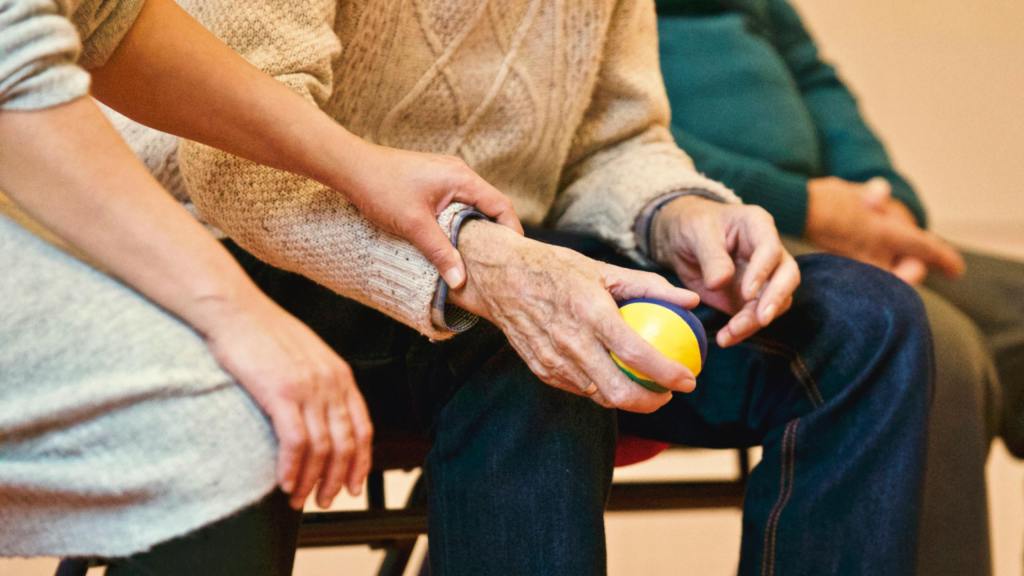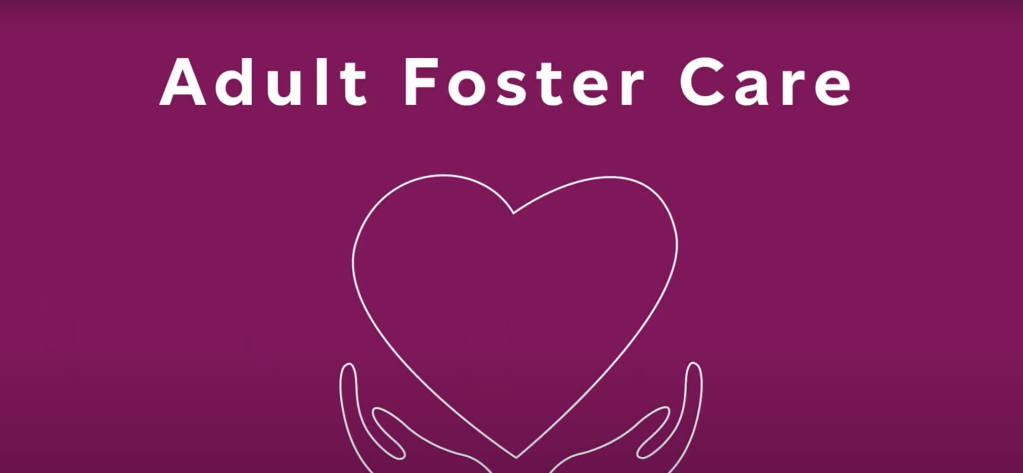
Delirium vs. Dementia: Causes, Symptoms, Treatments, and Preventative Measures
5 Key Things Family Caregivers Need to Know About Delirium and Dementia
Onset and Course Are Key Clues That Caregivers Should Watch Closely
Delirium develops suddenly (hours or days) and often fluctuates; dementia progresses gradually over months or years. Acute changes in thinking or attention should trigger urgent medical evaluation.
Delirium and Dementia Diagnosis Require Professional Evaluation
Because symptoms overlap (confusion, memory problems, disorientation), a healthcare professional must review history, perform neurological or mental status exams, order labs, and sometimes imaging to distinguish delirium from dementia and identify underlying causes. Early diagnosis helps caregivers plan appropriate medical and caregiving responses.
Different Clinical Types of Delirium and Dementia Exist
Delirium may be hyperactive (agitation/hallucinations), hypoactive (sluggish, drowsy), or mixed. Dementia includes multiple forms—Alzheimer’s (most common), vascular dementia, Lewy body, frontotemporal, CJD, early-onset, alcohol-related, and rarer conditions. Understanding these types helps caregivers tailor support and anticipate care needs.
Caregivers Must Navigate Distinct Treatment Paths for Delirium and Dementia
Delirium is often reversible when the trigger (medication, dehydration, illness, lack of sleep, etc.) is treated; dementia is typically progressive but symptoms and quality of life can be supported through medication, person-centered care, counseling, and cognitive engagement activities. Caregivers must adjust their strategies accordingly.
Prevention and Caregiver Action Matter
Healthy lifestyle habits (exercise, good sleep, balanced diet, medication monitoring, mental stimulation, avoiding tobacco and excess alcohol) may help reduce risk or slow decline; caregivers should report changes early and lean on support resources like Careforth. Proactive caregiving can delay complications and improve daily outcomes.
Feelings of confusion, difficulty focusing, and memory loss can have many causes and, especially in older adults, can be hard to tell apart from more typical signs of aging.
Delirium is a disturbance in mental abilities, resulting in confused thinking and reduced awareness of one’s environment. Symptoms of delirium typically come on quickly, within a matter of hours or days. On the other hand, dementia is a general term used to describe a long-term decline in mental ability that is severe enough to interfere with daily life. The most well-known, and most common, type of dementia is Alzheimer’s disease.
Since delirium and dementia share many similar symptoms, family members and caregivers can often misunderstand a loved one’s condition and the potential underlying causes. To better assess your loved one’s cognitive health, it’s important to get a diagnosis from a trained healthcare professional and understand the symptoms, causes, treatments, and preventative measures that you can take if your loved one is experiencing signs of delirium or dementia.
Symptoms of Delirium vs. Dementia
Signs of delirium can be sudden and vary greatly, depending on the cause and severity of the symptoms. Symptoms of delirium can include:
- Reduced awareness of one’s environment, such as being easily distracted or unfocused, fixated on a certain detail or idea, or being withdrawn.
- Cognitive impairment, such as disorientation, poor memory, or difficulty speaking, reading, or writing.
- Behavior changes, such as hallucinations, agitation, sleep disturbances, and reversal of the night-day sleep-wake cycle.
- Emotional disturbances, such as depression, anger, anxiety, irritation, changes in personality, and rapid and unpredictable mood shifts.
In contrast, the symptoms of dementia develop and worsen over a longer period of time. And, for a person to be diagnosed with dementia, at least two core mental functions must be significantly impacted. These core mental functions include:
- Memory, such as forgetting names of family members or regressing to childhood memories.
- Communication and language, such as forgetting the word for everyday items.
- Ability to focus and pay attention, such as “spacing out” or inability to complete tasks.
- Reasoning and judgment, such as going out in winter without a jacket or inappropriate comments and behavior.
- Visual perception, such as not being able to differentiate contrast, not detecting movement, or trouble with orientation.
Causes of Delirium vs. Dementia
Delirium symptoms are often brought about by a specific cause. Although the cause is sometimes unknown or undetermined, known causes of delirium include:
- Metabolic imbalances, such as low sodium or low calcium
- Certain medications or drug toxicity
- Alcohol or drug abuse or withdrawal
- Severe, chronic, or terminal illness
- Fever and acute infection, particularly in children
- Malnutrition or dehydration
- Sleep deprivation
- Severe pain or emotional distress
With dementia, the impact on core mental functions including memory, communication, mental focus, reasoning, and visual perception is caused by damage to the cells of the brain. While most of the cell damage caused by dementia is permanent, memory loss caused by the following reasons may improve with treatment:
- Depression
- Certain medications
- Excess alcohol use
- Thyroid problems
- Vitamin deficiencies
Additionally, those who abuse alcohol, have HIV/AIDS, and those with learning disabilities are at a higher predisposition for dementia later in life.
Diagnosing Delirium and Dementia
Due to the similarities between delirium and dementia, it’s important to have a health care professional trained in assessing neurological status evaluate your loved one.
For a person to be diagnosed with delirium, a physician will take a detailed medical history and order several tests to assess your loved one. Tests include neurological and mental status exams, as well as blood and/or urine tests, and brain imaging. Because delirium happens quickly, it is often quite noticeable to most people.
Oftentimes family caregivers are the first to notice the symptoms of dementia, with its progression developing over time, and flag them to their loved one’s doctor. Since there isn’t a specific test to diagnose dementia, careful review of medical history, a physical exam, lab tests, and the characteristic changes in thinking, day-to-day function, and behavior associated with each type of dementia are used in evaluation. From these results, a trained medical professional will be able to determine and diagnose the causes of your loved one’s cognitive changes.
Types of Delirium and Dementia
In addition to diagnosing your loved one with one of these conditions, a medical professional will also be able to determine the type of delirium or dementia your loved one is experiencing.
Types of delirium include:
- Hyperactive delirium, which includes restlessness, agitation, rapid mood changes, and/or hallucinations.
- Hypoactive delirium, which includes inactivity or reduced motor activity, sluggishness, abnormal drowsiness, or seeming to be in a daze.
- Mixed delirium, which may involve quick switches back and forth between hyperactive and hypoactive states.
There are many different types of dementia, with the most common being Alzheimer’s disease. Alzheimer’s accounts for about 60-80% of all dementia cases. The second leading type of dementia is called vascular dementia, which occurs following a stroke. Other types of the disease include:
- Dementia with Lewy bodies
- Frontotemporal dementia
- Creutzfeldt-Jakob disease (CJD)
- Early-onset dementia (affecting those under the age of 65)
- Alcohol-related brain damage
- Rare diseases and conditions (about 5% of total dementia cases)
Treatment for Delirium and Dementia
Whether your loved one is diagnosed with delirium or dementia, there are treatment options available that can help improve cognitive function and/or prevent or slow more severe symptoms from forming.
If your loved one is diagnosed with delirium, treatment will depend on the specific cause of the symptoms. For example, if medication is the culprit, having your loved one stop taking it should resolve the delirium. Likewise, rehydrating a person suffering from dehydration or having an overtired person rest, can treat delirium. If necessary, there are also some medications that can be used to treat delirium, which should be discussed with a medical professional.
If your loved one is diagnosed with dementia, there are treatment options available, depending on the type of dementia. And, while dementia and Alzheimer’s are progressive and have no cure, there are courses of treatment that may help your loved one cope through the progression of the disease, including:
- Medications
- Person-centered care
- Talk therapy, including counselling
- Memory care activities to exercise cognitive function
In any situation, it’s important to speak with your loved one’s doctor and caregiving team to determine the best approach to treatment for your loved one.
Ways to Prevent Delirium and Dementia
If your loved one has not yet been diagnosed with delirium or dementia but has started presenting signs of cognitive decline or memory loss, there are steps you can take as a family caregiver to prevent these symptoms from worsening.
As with most illnesses, engaging in a healthy lifestyle can help to maintain cognitive function and improve overall wellbeing. Some key factors include:
- Not smoking
- Exercising regularly
- Eating a balanced diet
- Monitoring medications
- Keeping the mind active
- Avoiding excessive alcohol intake
- Promoting good sleep habits and routines
Prioritizing Cognitive Care and Wellbeing
It’s important to not ignore changes or declines in thinking skills or memory, as it can often be caused by more than just age. Seeing a doctor at the first sign of issues can help detect a treatable condition, if delirium, and can help your loved one get an early diagnosis. After all, an early intervention is key to getting the most benefit from available treatment options for both delirium and dementia.
How Careforth Can Help
And for caregivers, it’s crucial to remember that you are not alone in your caregiving journey and in navigating your loved one’s cognitive changes. We at Careforth are here to help you feel supported at every turn. Visit the How We Help page on our site to learn more about how Careforth supports caregivers. Contact usContact us for more information.
More insights like this:
-

Helping an Aging Loved One Through Declining Mental Health
Read more: Helping an Aging Loved One Through Declining Mental HealthMental health challenges can impact anyone at any time of life. However, older adults tend to be more vulnerable to depression and other mental illnesses, on average, with 14% of adults aged 60 or older suffering from a mental disorder. “If you recognize or hear from a loved one that their day-to-day life is significantly…
-

7 Immune System Booster Tips for Seniors
Read more: 7 Immune System Booster Tips for SeniorsThe immune system is the body’s first line of defense against viruses and infections, but the aging process can weaken the immune system. Throughout the COVID-19 pandemic, this became an increased concern for the caregivers of older or immunocompromised adults, as the risk of more severe symptoms and outcomes was much higher in these…
-

Massachusetts Adult Foster Care Eligibility Defined
Read more: Massachusetts Adult Foster Care Eligibility DefinedFor family caregivers, it’s crucial to create a community of support and utilize all the programs and resources available to you to improve your caregiver experience. In Massachusetts, the Adult Foster Care Program can be an excellent source of support, but eligibility can sometimes be overwhelming to navigate on your own. “The Massachusetts Adult Foster…